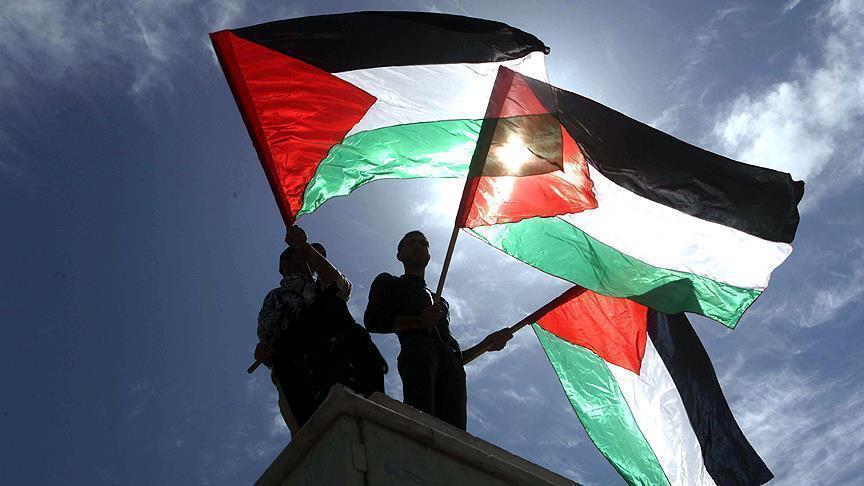Palestine is a name coined by the Romans around 135 CE from the name of a seagoing Aegean people who settled on the coast of Canaan in antiquity – the Philistines. The name was chosen to replace Judea, as a sign that Jewish sovereignty had been eradicated following the Jewish Revolts against Rome.
In the course of time, the Latin name Philistia was further bastardized into Palistina or Palestine. During the next 2,000 years Palestine was never an independent state belonging to any people, nor did a Palestinian people distinct from other Arabs appear during 1,300 years of Muslim hegemony in Palestine under Arab and Ottoman rule. During that rule, local Arabs were actually considered part of, and subject to, the authority of Greater Syria (Suriyya al-Kubra).
Historically, before the Arabs fabricated the concept of Palestinian peoplehood as an exclusively Arab phenomenon, no such group existed. This is substantiated in countless official British Mandate-vintage documents that speak of the Jews and the Arabs of Palestine – not Jews and Palestinians.
In fact, before local Jews began calling themselves Israelis in 1948 (when the name “Israel” was chosen for the newly-established Jewish State), the term “Palestine” applied almost exclusively to Jews and the institutions founded by new Jewish immigrants in the first half of the 20th century, before the state’s independence.
Some examples include:
- The Jerusalem Post, founded in 1932, was called The Palestine Post until 1948.
- Bank Leumi L’Israel, incorporated in 1902, was called the Anglo-Palestine Company until 1948.
- The Jewish Agency, an arm of the Zionist movement engaged in Jewish settlement since 1929, was initially called the Jewish Agency for Palestine.
- Today’s Israel Philharmonic Orchestra, founded in 1936 by German Jewish refugees who fled Nazi Germany, was originally called the Palestine Symphony Orchestra, composed of some 70 Palestinian Jews.
- The United Jewish Appeal (UJA) was established in 1939 as a merger of the United Palestine Appeal and the fund-raising arm of the Joint Distribution Committee.
Arabs are not satisfied with one Palestinian political entity (Jordan) where they are the uncontested majority and have the political machinery and the territory for self-determination. Instead, they want an additional state because twenty-one Arab states are not enough (and one Jewish state is one too many).









